What Is The FODMAP Diet? A Beginner's Guide
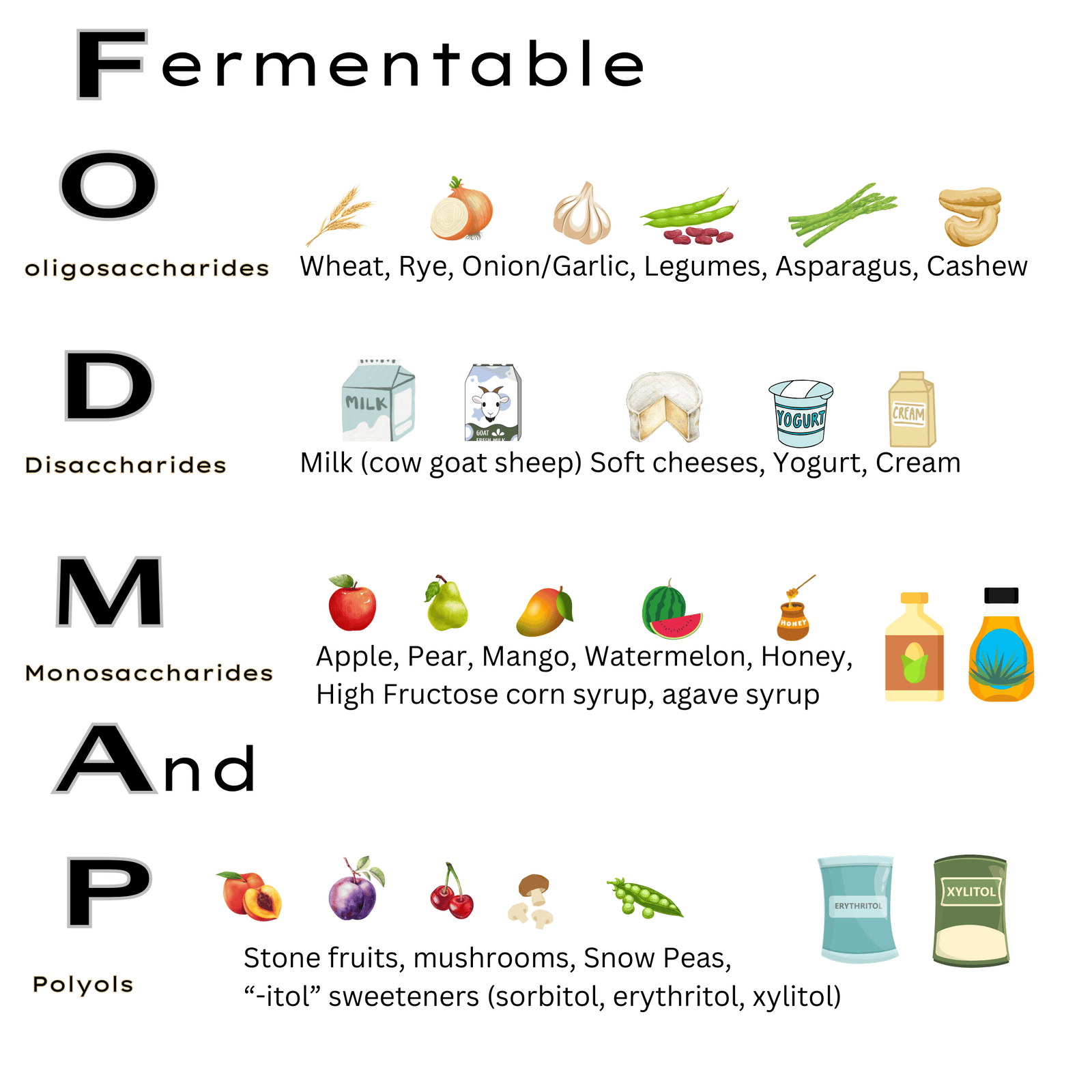
A Beginner’s Guide to the FODMAP Diet
If you are reading this, chances are your stomach has been giving you grief. It could be the type of grief that makes you want to curl up into a ball, or it could be the kind that has you running to the bathroom constantly. Either way, if you’ve been diagnosed with IBS (Irritable Bowel Syndrome) or suffering from digestive discomfort, you have probably had the FODMAP Diet suggested to you. This diet can feel overwhelming and impossible at first. We know it can feel like a lot, but the FODMAP diet really might be the answer your stomach has been waiting for.
What is the FODMAP Diet and why does it help?
The FODMAP diet isn’t a random guess at a food plan. It is a heavily researched approach designed specifically for people with IBS and other gut sensitivities. It was developed by researchers at Monash University in Australia. This diet helps you figure out which foods are creating pain in your gut so you can avoid them. The idea behind the diet is to cut out foods that are difficult for some people to digest. These foods tend to ferment in the gut. Fermentation in your gut causes bloating, gas, pain, diarrhea, or constipation.
What Does FODMAP Stand For?
FODMAP is not a word, it is an acronym
F – Fermentable: This refers to how certain foods are broken down in the gut.
O – Oligosaccharides
D – Disaccharides
M – Monosaccharides
A – And
P– Polyols

Why are FODMAPs harmful and What Happens in the Gut When Foods Ferment?

Monash University explains why FODMAPs are a problem for some stomachs in a simple youtube video.
Here is their description on what is happening:
To understand why some foods contribute to IBS symptoms, we need to look inside the intestines, where food is broken down and absorbed. Most carbohydrates, once broken down, can be absorbed by pumps on the surface of your cells. However, some carbohydrates are not digested or absorbed by people. The rapidly fermentable short chained carbohydrates that can’t be absorbed are called FODMAPs. The presence of FODMAPs cause water to be dragged into the small intestine. Also, because they aren’t absorbed, FODMAPs travel through your gut to the large intestine. When bacteria in the large intestine get access to fodmaps, they use them for energy to survive. The bacteria rapidly ferment FODMAPs and produce gas as a result. Excess gas production and water retention causes the intestines to expand. When the intestinal walls stretches from distension, the highly connected nerves around the intestines send signals to the brain. People with IBS have very sensitive intestines, so these signals contribute to the pain they experience. To reduce FODMAP intake and to alleviate the distention, bloating and other symptoms of IBS, Monash University has developed the low fodmap diet.
In simple terms, when high FODMAP foods aren’t properly absorbed, they become snacks for your gut bacteria. And when bacteria feast, they produce gas as a byproduct. This fermentation process can cause: bloating, excessive gas, abdominal pain, diarrhea, or constipation. The FODMAP diet helps to manage these issues by reducing the intake of the specific carbohydrates that lead to fermentation in the gut.
What Makes a Food High or Low FODMAP?

Whether a food is high or low FODMAP depends on the type of carbs it contains and how your body processes them. Let’s break down the acronym and get specific about which foods belong in each category:
Oligosaccharides (Fructans and Galacto-oligosaccharides) are found in: wheat, rye, onions, garlic, and legumes (like chickpeas, lentils, and beans).
- These carbs are poorly absorbed by most people, which is why they can be a major trigger for IBS symptoms. Onions and garlic are particularly sneaky since they’re often hidden in sauces and seasonings.
Disaccharides (Lactose) are found in: Milk, yogurt, soft cheeses, ice cream.

- Lactose is a sugar found in dairy. If your gut doesn’t produce enough of the enzyme lactase, lactose can sit undigested in your intestines, leading to bloating, diarrhea, and general unhappiness. Many people with IBS are lactose intolerant to some degree.
Monosaccharides (Fructose) are found in: Honey, apples, watermelon, high-fructose corn syrup, and some vegetables.
- Fructose is a sugar that is absorbed easily in small amounts, but when consumed in excess, it can cause issues. Many people with IBS have trouble absorbing large quantities of fructose, leading to the dreaded bloating and gas.
Polyols (Sorbitol and Mannitol) are found in: Apples, pears, stone fruits, mushrooms, and sugar-free gum or mints (think sugar alcohols like sorbitol and xylitol).
- Polyols are poorly absorbed by the body and can pull water into the intestines, leading to bloating and diarrhea.
The FODMAP diet has three phases:
- Elimination: For a 2-6 weeks, you cut out all high FODMAP foods from your diet. This helps reduce symptoms and gives your gut a break from the constant discomfort.
- Reintroduction: Once your symptoms have calmed down, you slowly reintroduce high FODMAP foods one at a time to see which one’s trigger symptoms. This step helps you identify which foods are causing your problems.
- Personalization: After identifying your specific triggers, you create a long-term eating plan that minimizes symptoms while still allowing for a varied diet.
The FODMAP diet helps people with IBS, SIBO (Small Intestinal Bacterial Overgrowth), and other gut issues figure out which foods are triggering their symptoms. It’s not about avoiding FODMAPs forever, but about learning what works for your body.
If you’re struggling with gut issues, the FODMAP diet could be the key to understanding your triggers and taking control of your digestive health. We have developed our Low FODMAP meal replacement shakes to help you on your journey. Our shakes have been certified by Monash University. They are easy, quick meals to help you with the elimination diet, and give you a delicious option anytime you are hungry. We understand how overwhelming this diet can be, and hope our shakes help alleviate some of the stress surrounding your experience.
Sources:
- https://youtu.be/stdYoA4G9Dg?si=gZUhdbxZR-JRADqe
- Monash University, "FODMAP Diet," [Monash FODMAP Diet Website](https://www.monashfodmap.com)
- Wilson, Dede, “FODMAP Everyday,” [FODMAP Everyday](https://www.fodmapeveryday.com)
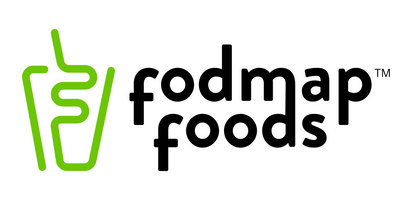
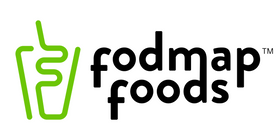


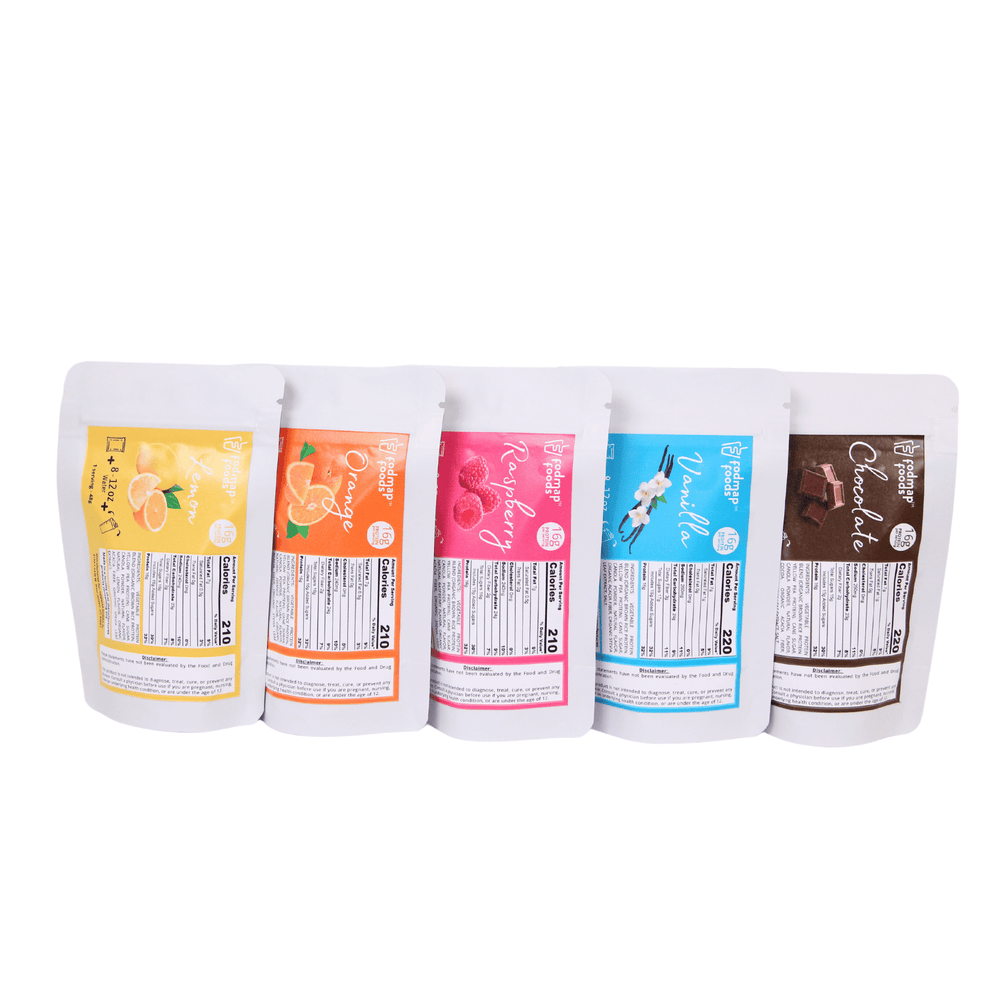
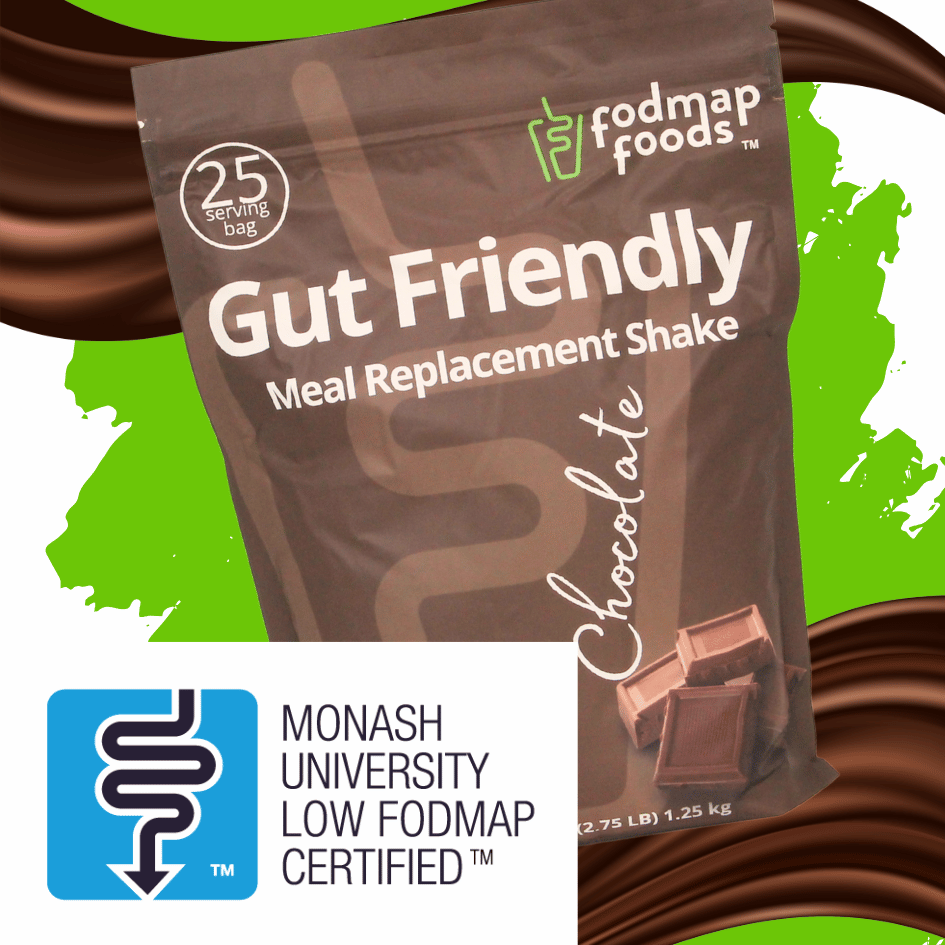


Leave a comment